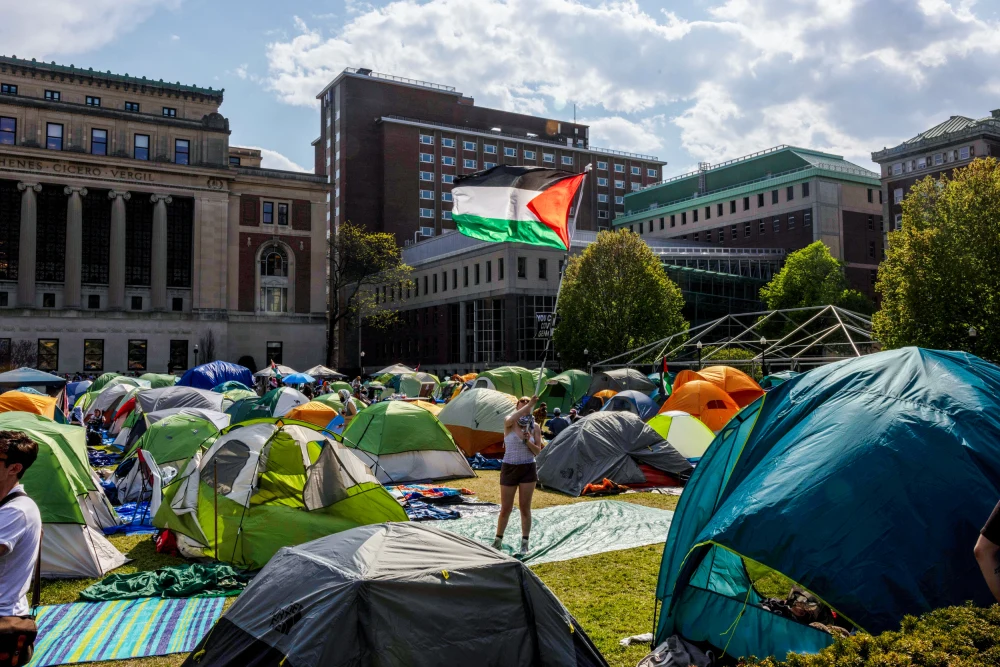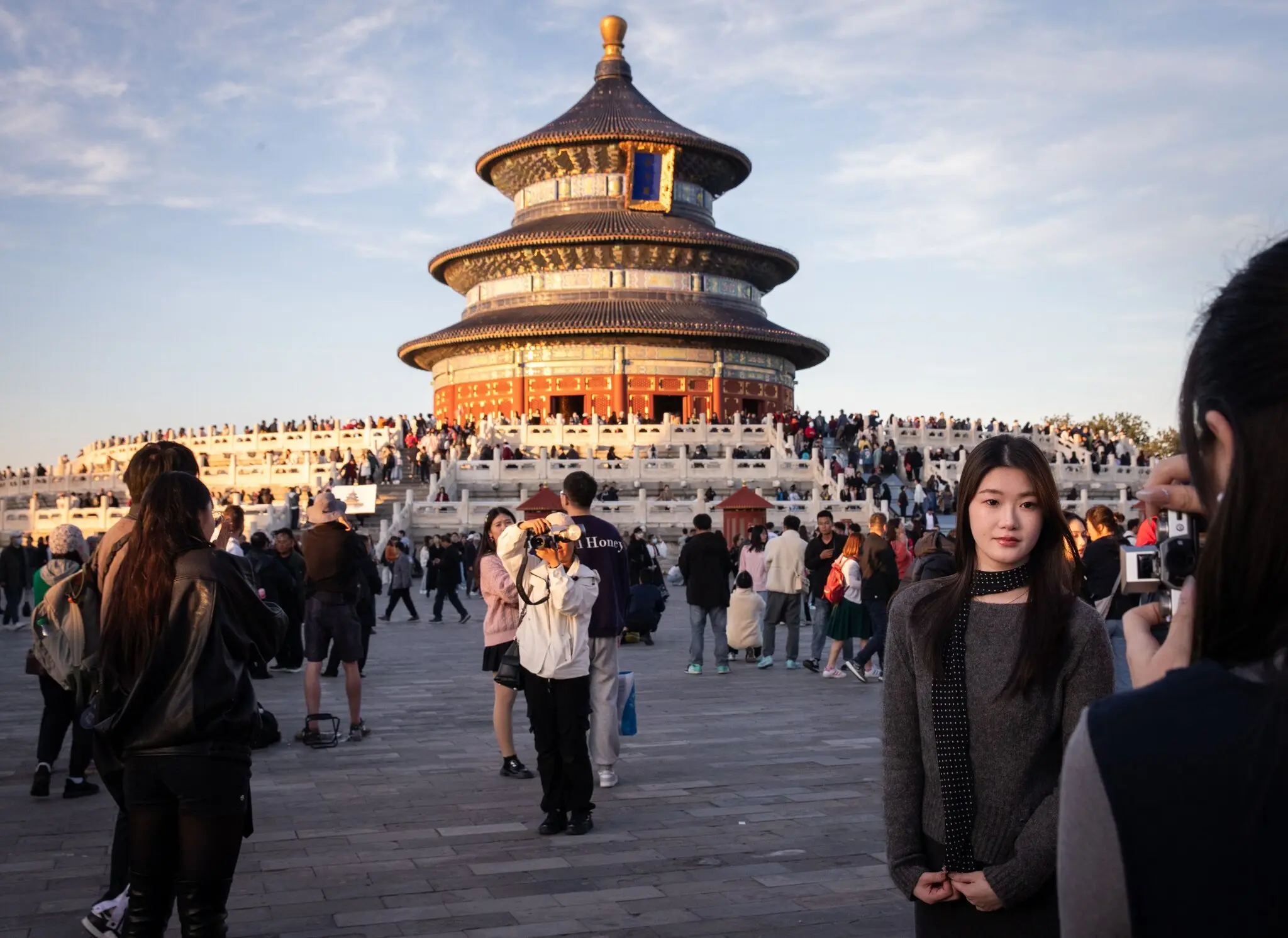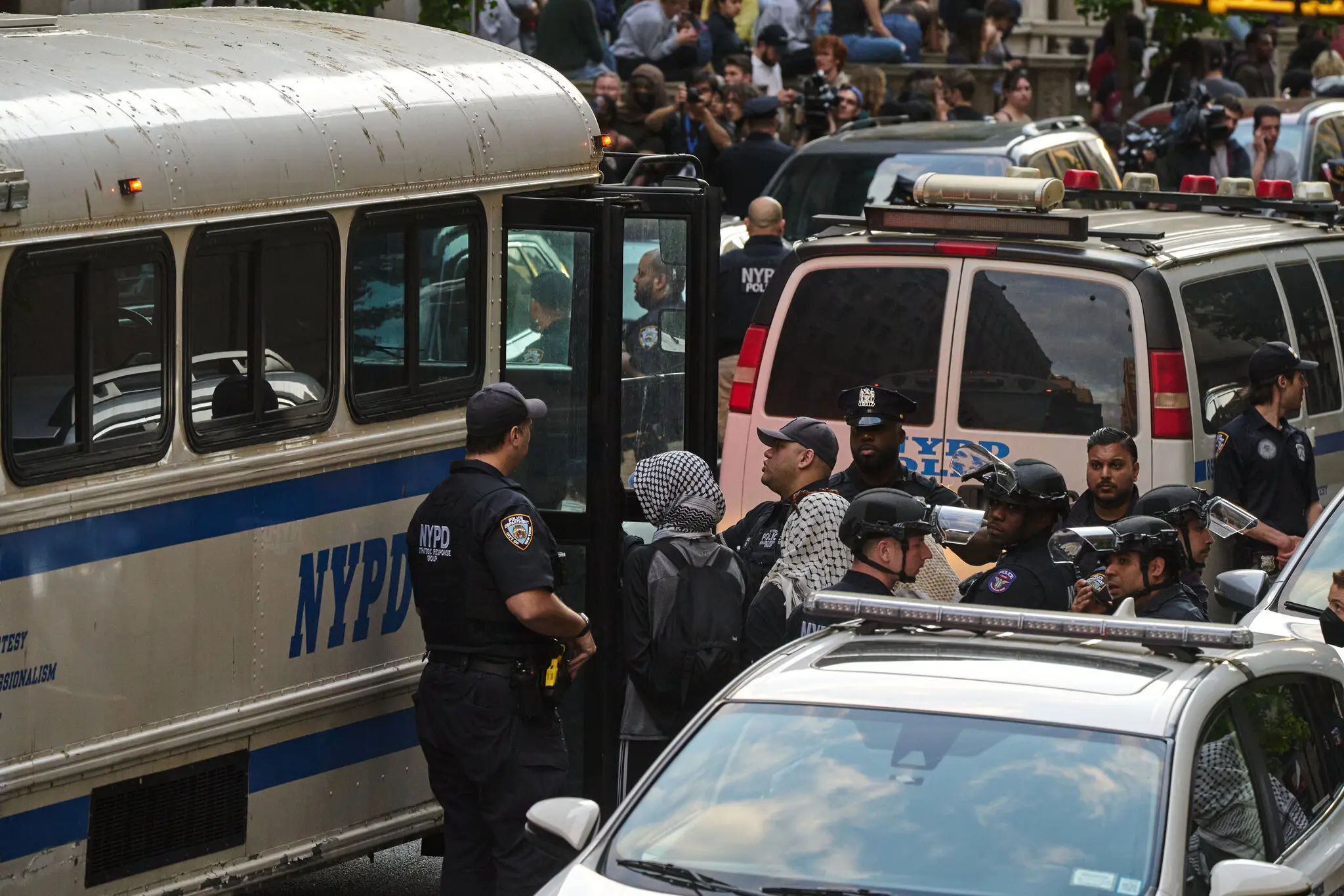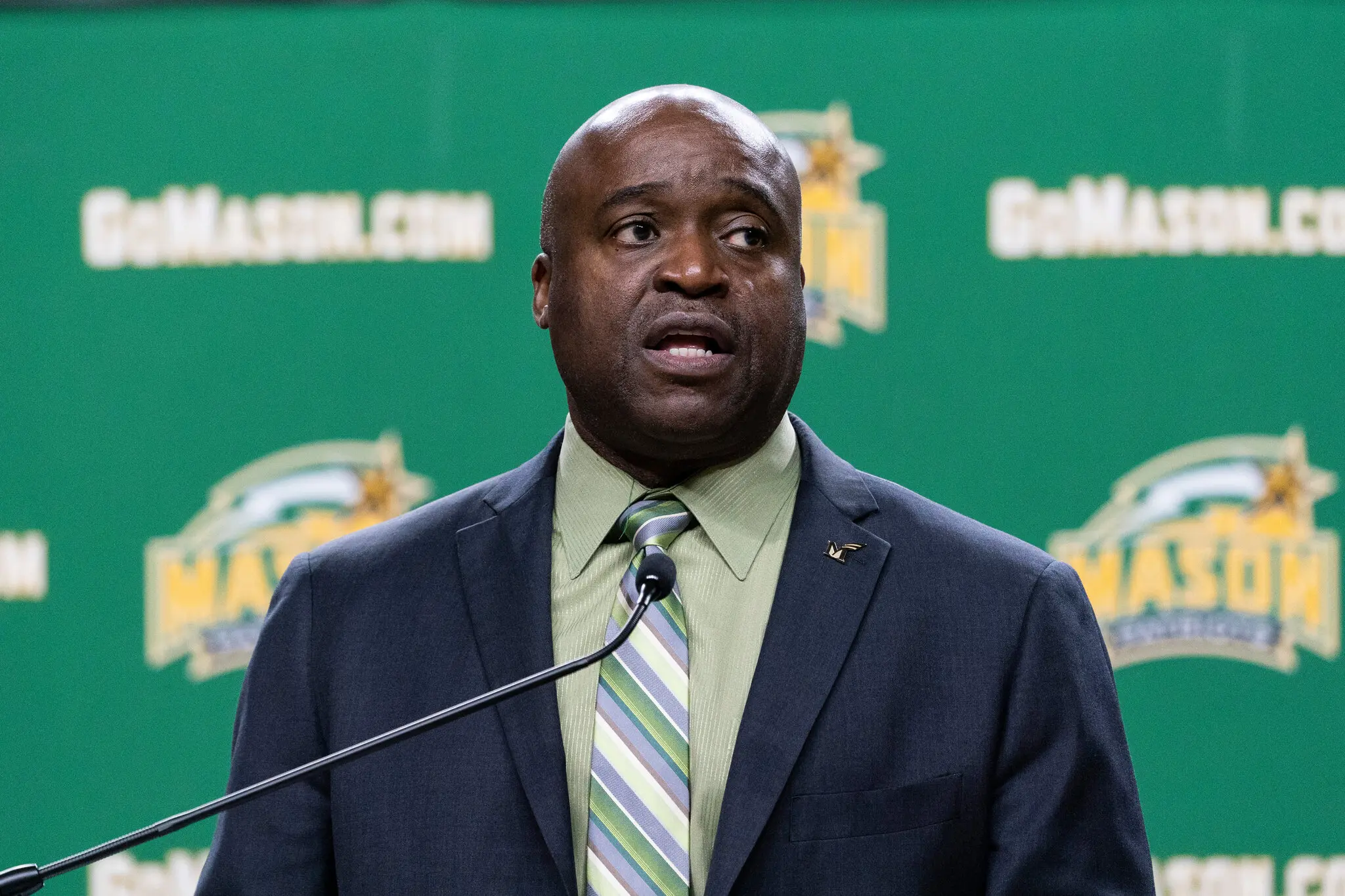Columbia University Disciplines Over 70 Students Following Pro‑Palestinian Library Protest
Columbia University imposed sanctions—including suspensions, expulsions, probation, and degree revocations—on more than 70 students involved in a pro‑Palestinian takeover of Butler Library, amid federal pressure and a high‑stakes settlement with the Trump administration.
Columbia University has announced disciplinary action against more than 70 students connected to a May 2025 protest at Butler Library during which demonstrators occupied a section of the campus's main research library. This decision follows a pro‑Palestinian protest that escalated into unauthorized occupation and vandalism, prompting a forceful response by the New York Police Department and ending as one of the most heavily sanctioned political demonstrations in the university’s history Columbia described the actions as violations of institutional policy—disruptions that interfered with academic continuity and violated campus rules—and stated that a specially convened University Judicial Board (UJB) adjudicated each case. The board, assigned by the Provost’s Office in March, assigned sanctions ranging from probation and suspensions of one to three years to expulsion or degree revocation, depending on the circumstances and past conduct of the individuals involved At least 80 percent of those disciplined received suspensions of two years or more or were expelled, making this the most extensive protest‑related disciplinary action the university has ever taken.
Reports indicate that students received formal notification in early July and that some were required to submit apology letters as a condition for potential reinstatement—a demand that has drawn criticism from protest organizers and civil liberties advocates The library occupation was part of a broader cycle of pro‑Palestinian demonstrations on Columbia's campus starting in spring 2024, including encampments during alumni weekend and sit‑ins, which drew escalating scrutiny from campus administrators and later from the Trump administration, culminating in federal demands linked to Title VI allegations and antisemitism concerns Columbia’s leadership noted that the disciplinary measures came as part of efforts to comply with nine demands issued in March by federal authorities as a condition for restoring frozen research funding—estimated at $400 million—and to negotiate the university’s broader federal funding disputes The protests began in April 2024, when students formed the Gaza Solidarity Encampment on Butler Lawn, demanding divestment from Israel; subsequent police interventions and further encampments at Hamilton Hall and during Alumni Weekend intensified tensions, leading to mass arrests and multiple rounds of campus exclusion and disciplinary review Columbia stated that the UJB deliberations adhered to a case-by-case review process. The university emphasized that respondents had the opportunity to present their case, though critics claim the process was accelerated and aligned with federal expectations for discipline enforcement. Several activists and advocacy groups, including Columbia for Palestine and the NYCLU, have condemned the sanctions as excessively punitive, arguing they represent the university’s collusion with federal pressure and a crackdown on student activism and academic freedom University spokespeople defended the decision, asserting that the measures were necessary to uphold academic norms and institutional order.
They insisted that disruptions of academic work cannot be tolerated and reaffirmed the university’s obligation to provide safe study spaces and uphold campus rules—especially amid external scrutiny over antisemitism and federal funding status The sanctions program coincides with a high‑profile settlement with federal authorities in which Columbia agreed to pay more than $220 million—$200 million toward restoring frozen research grants and $21 million to resolve civil rights investigations tied to harassment of Jewish employees—in return for policy reforms and oversight measures that critics argue may curb academic autonomy and dissent The disciplinary action derives from protests that largely focused on opposition to Columbia’s financial and academic ties to Israel as well as broader calls for divestment, and student organizers say they were peaceful, nonviolent, and aimed at sparking institutional awareness—not at disruption. Some individuals sanctioned report they were not actively protesting but were simply present at the occupied site or studying nearby, raising concerns about overbroad enforcement Legal observers caution that requiring apologies as a condition of reentry or imposing long suspensions for nonviolent civil disobedience could expose the university to potential constitutional scrutiny and claims of infringing on students’ First Amendment rights. Civil liberties advocates warn that using disciplinary systems as leverage to address federal policy demands may set dangerous precedent for institutional control over speech and assembly Academic governance experts emphasize that the mass sanctions echo earlier campus protest eras—for example, the 1968 protests at Columbia, which led to dozens of suspensions—but differ by scale, political context, and the role of federal involvement in shaping university policy responses As the university enters the fall semester, students and faculty groups continue to call for transparency.
Requests include public data on disciplinary outcomes, third‑party review of UJB procedures, and immediate suspension freezes for students nearing degree completion. Meanwhile, Columbia’s administration maintains that safeguarding institutional mission and compliance with federal funding conditions requires decisive action. The outcome of this episode may influence higher education’s shift at the intersection of protest, policy pressure, and institutional autonomy, raising lasting questions about the limits of student dissent and the use of disciplinary authority as a political instrument.
24th july 2025



